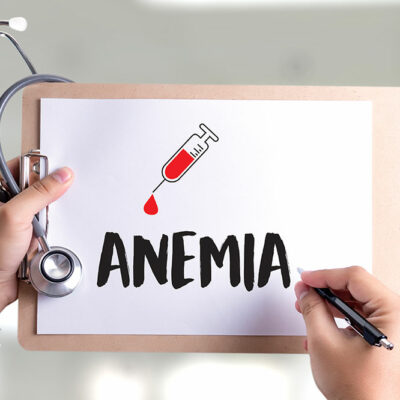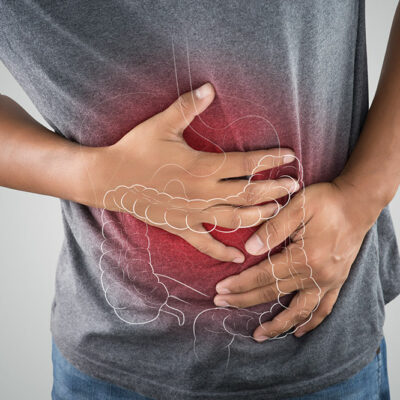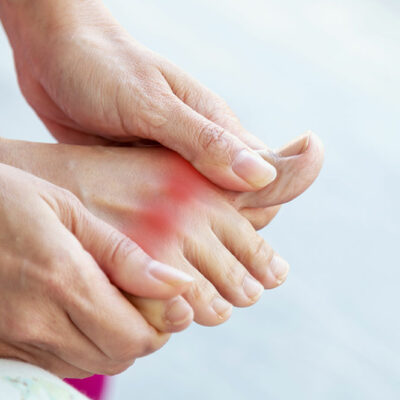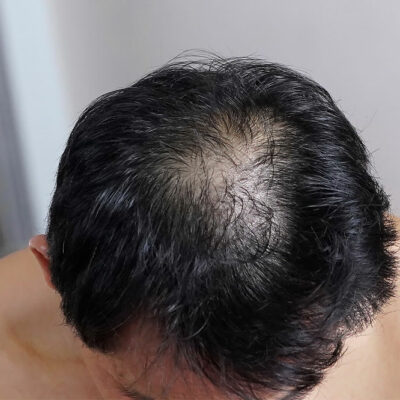
Health
Different Types of Anemia
Anemia is a disease characterized by an inadequate number of healthy blood cells, which eventually leads to low hemoglobin. This further reduces the amount of oxygen that reaches the organs, causing symptoms like fatigue, dizziness, shortness of breath, and headache. There are numerous factors that contribute to the development of the disease, and the causes differ for every type of anemia. Read on to know the different types of anemia. 1. Iron deficiency anemia This is the most common type of anemia caused due to lack of iron. Inadequate amounts of iron can significantly reduce the production of hemoglobin, which is responsible for carrying oxygen from the lungs to various parts of the body. When organs don’t receive adequate oxygen, they cannot work efficiently. This condition may occur under two circumstances; lack of iron in the diet or the inability to absorb iron from food. Additionally, women are more prone to developing this type of anemia as they may lose excess blood during periods or pregnancy. 2. Aplastic anemia This type of anemia is associated with a lack of both white and red blood cells as well as platelets. The rare condition can occur when the stem cells in the bone marrow are damaged as the immune system may attack the stem cells.
Read More 















